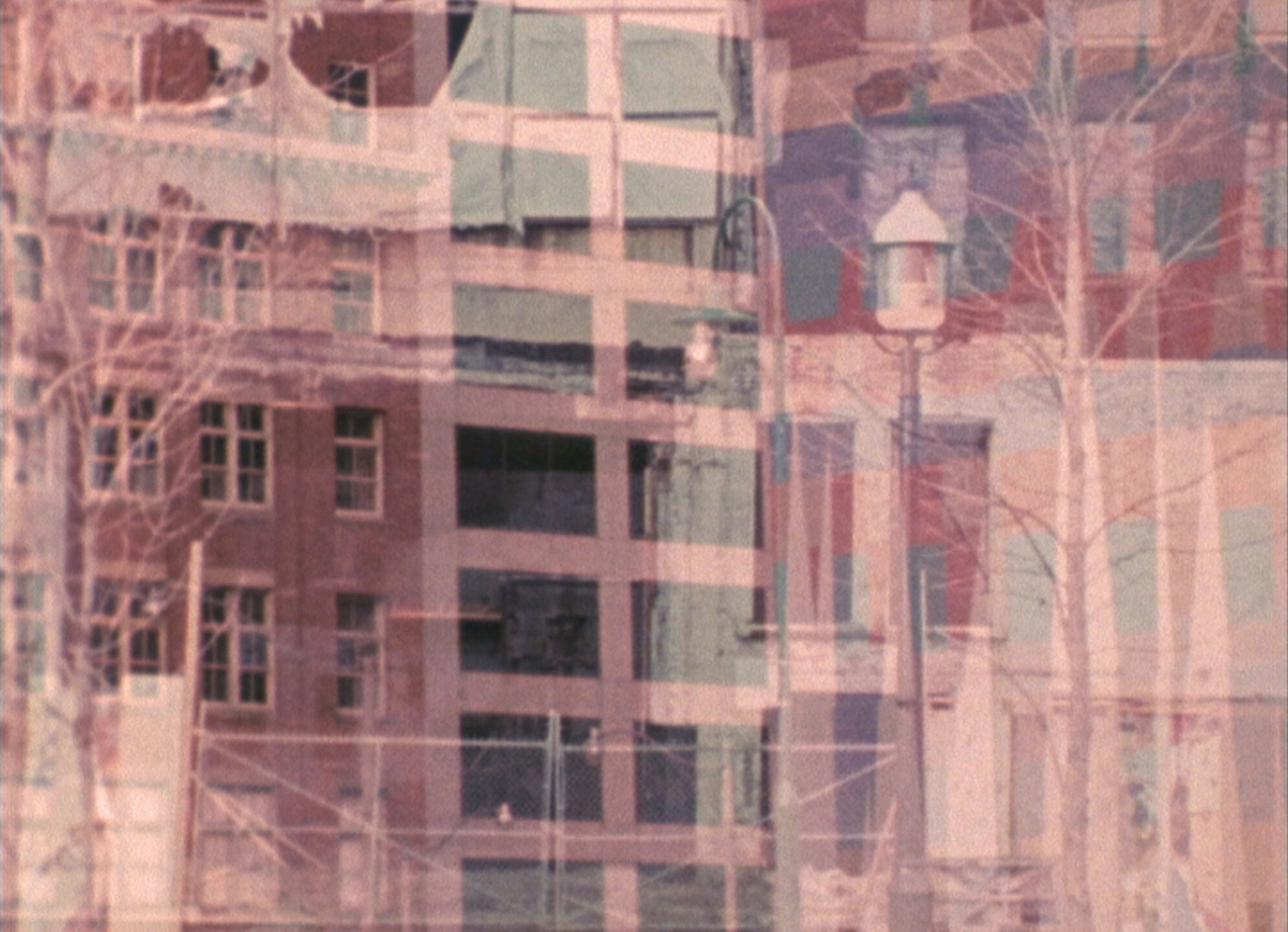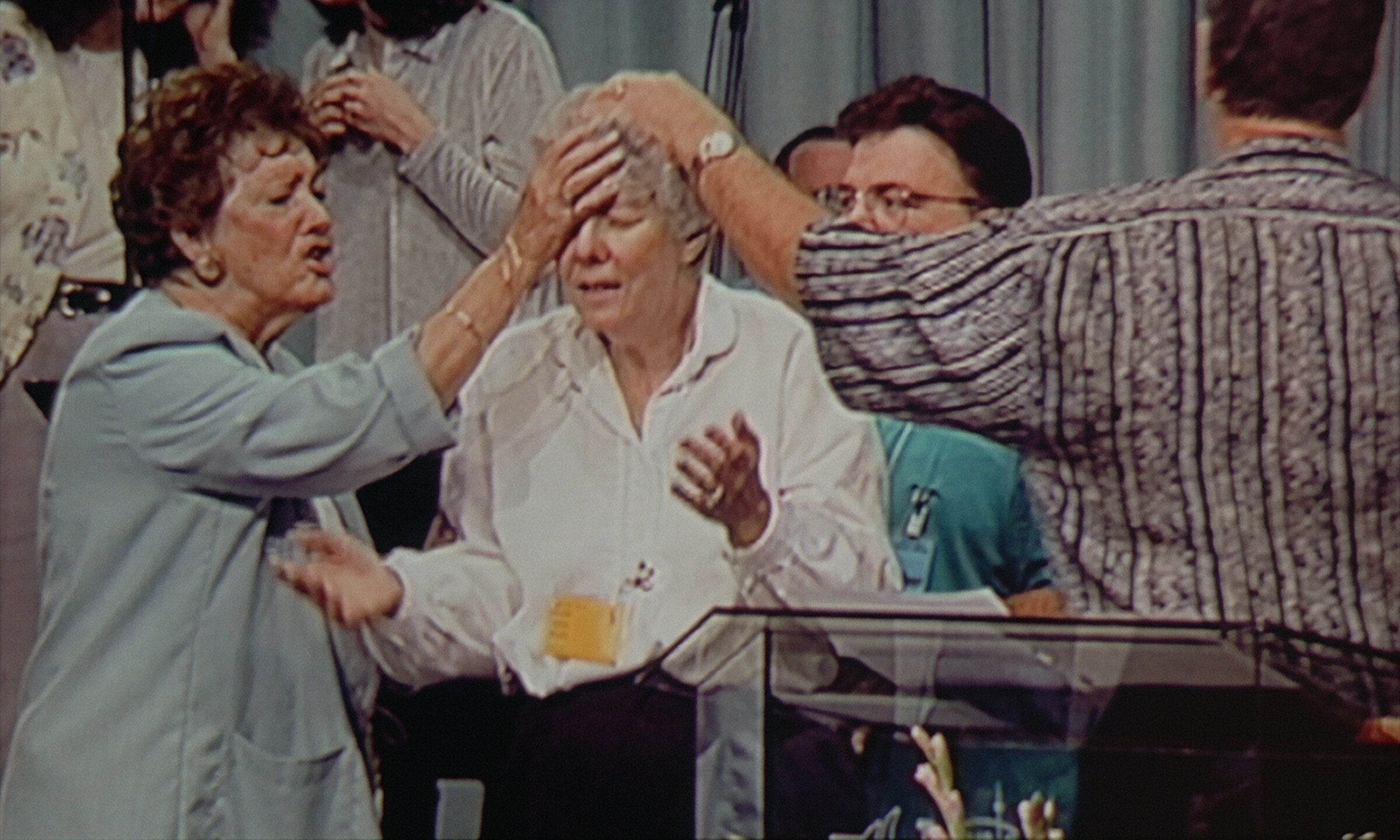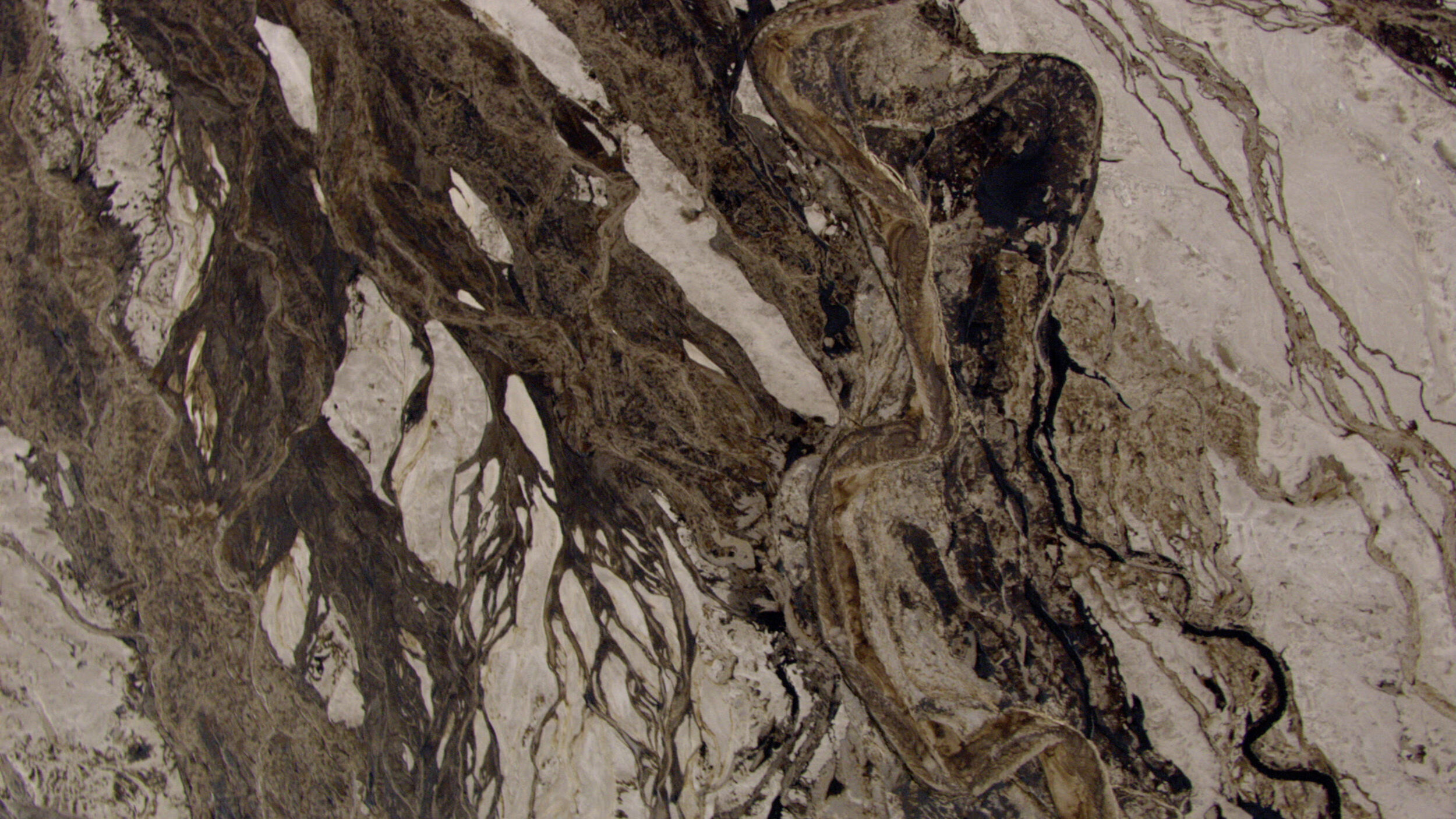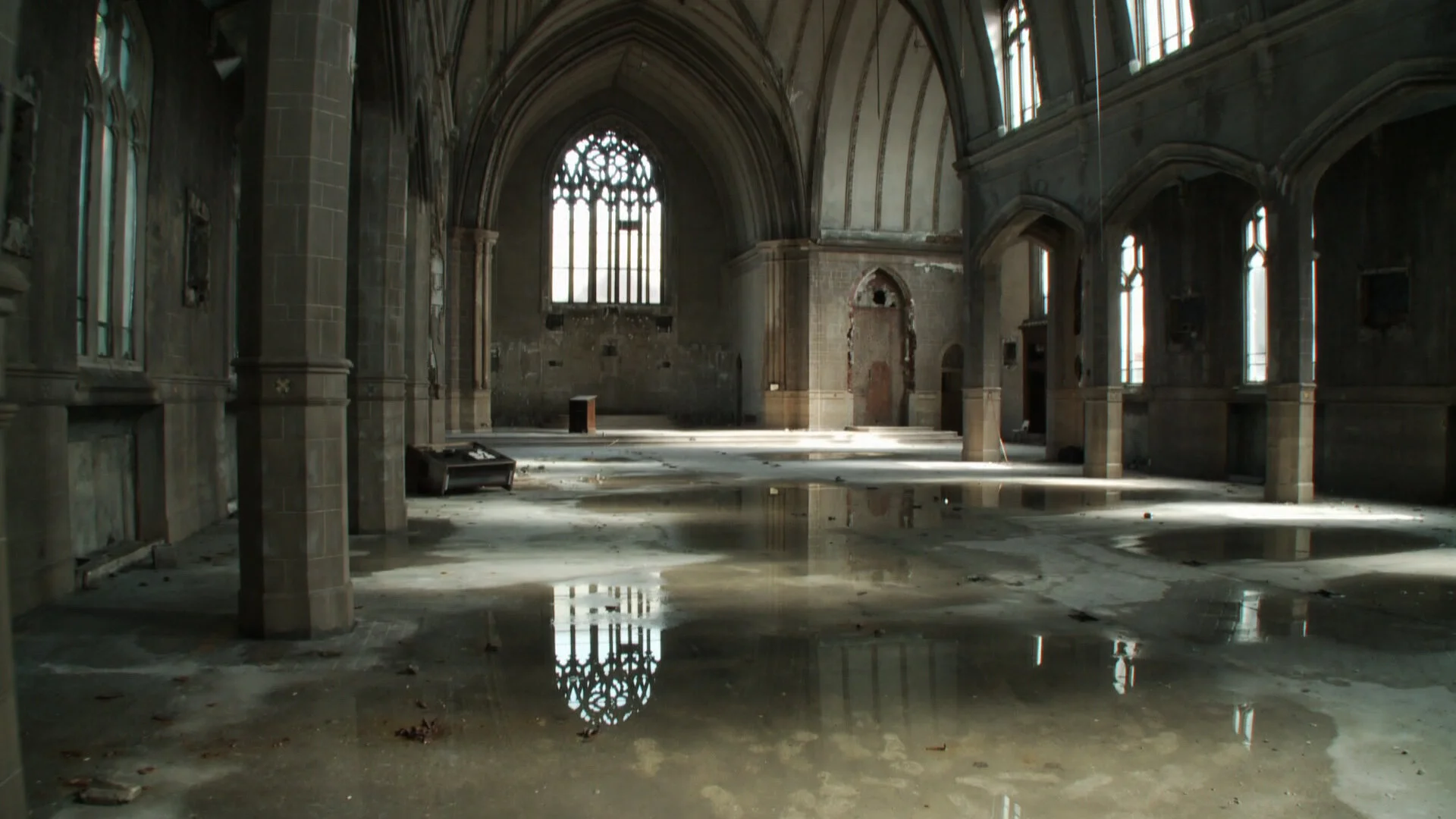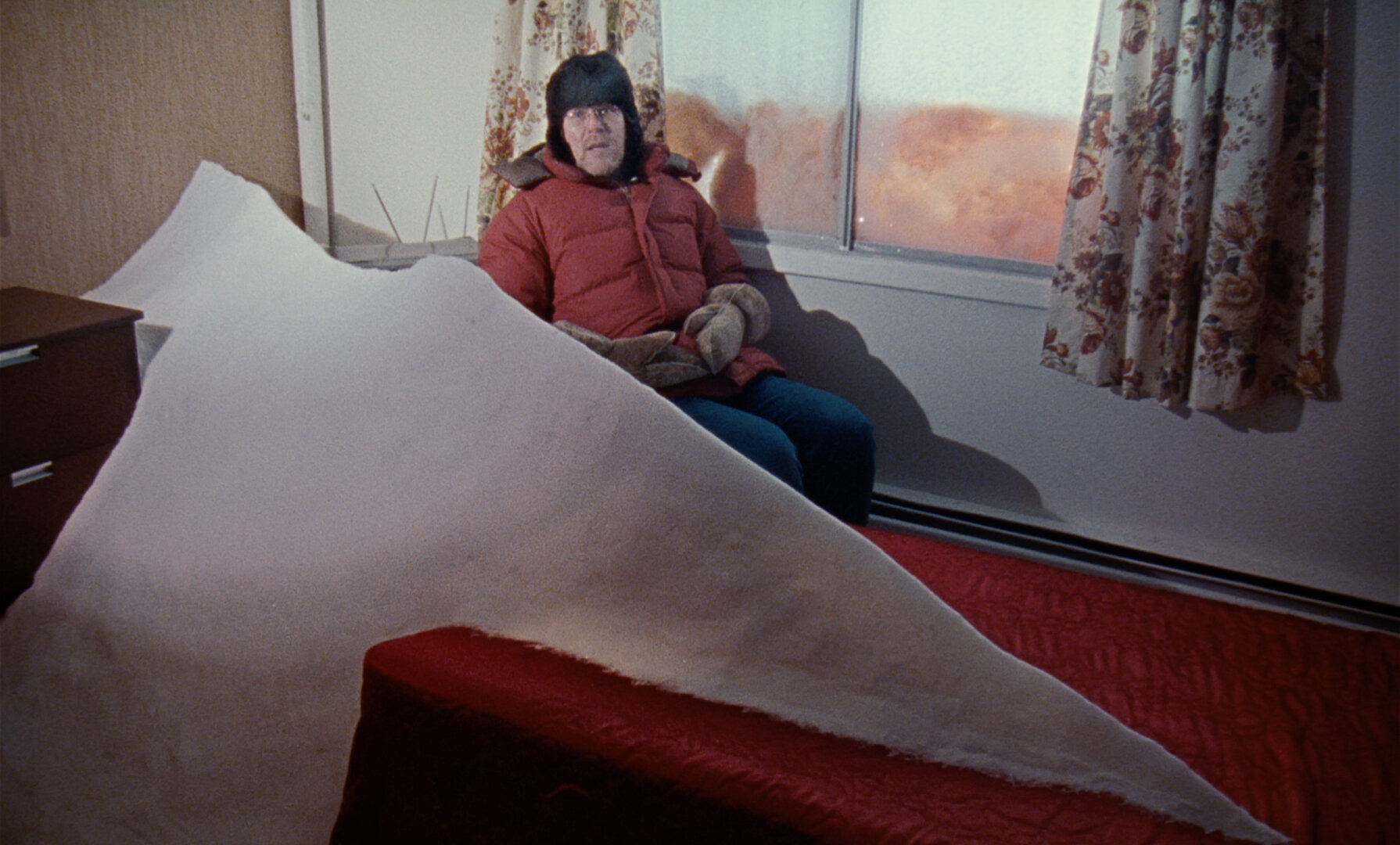We are pleased to announce the following upcoming screenings for Fall 2020:
Picture of Light is included in Andreas Züst: Eis, an exhibition at Kunstmuseum Luzern, Switzerland, from August 22 to November 22. View exhibition details here.
Gambling, Gods and LSD will be presented at Betriebsleiter Kino Cinématte in Bern, Switzerland, on September 11th. Screening details are listed here.
Becoming Animal will be presented at Cinematik Festival in Bratislava, Slovakia, on September 13th. Screening details are available here.
The End of Time will be presented online through Imagine Science Film Festival’s Labocine platform on September 16th, with a live Q&A by Peter. Screening details are listed here.
Scissere will be presented at the Nova Cinema in Brussels on September 20th and October 10th. Screening details are available here.
Petropolis: Aerial Perspectives on the Alberta Tar Sands will be presented at Zürich Film Festival as part of a live performance by The Young Gods, on Wednesday, September 30th, 20:45, Kosmos 6. More information TBA soon.
Picture of Light will be presented at Cineteca Madrid on October 10th. Screening details are available here.
Becoming Animal will be presented at the 18th edition of Festival Image de Ville in Marseille, France, from October 15-20th. Screening details TBA soon here.
Petropolis will be presented as part of a special program on climate entitled “Gallery of the Futures,” at BOZAR - Center of Fine Arts, Brussels, on November 24th. More details TBA soon.
Also, Becoming Animal is now available on Vimeo On Demand (worldwide, except USA) courtesy of Maximage. Share it with your friends!
